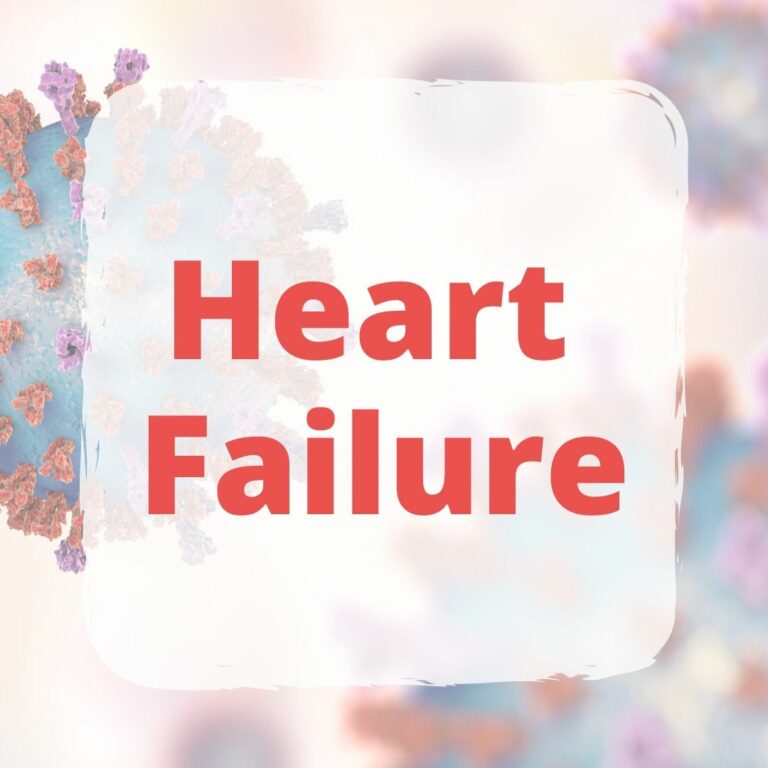Updated March 31
If you have just been told you have heart failure you are probably particularly worried, given the global pandemic of coronavirus. Because of this you have probably been given a diagnosis in hospital and promptly discharged home, back to the care of your GP due to pressure on medical staff to make beds available, but also to reduce this risk of you catching the virus. The specialist team of nurses and health care providers that you would usually see have most likely been redeployed.
So what does this mean for you?
Firstly, heart failure sounds scary – often when people are told they have heart failure they think that their heart is just going to stop. Heart failure is a chronic disease the same as diabetes – it cannot be cured but it can be managed.
Think of your heart as two pumps one side the right side pumping blood into the lungs to become oxygenated, the left side of the heart then pumping this blood around the rest of the body. Heart failure is a pump failure. Your heart is failing to pump as efficiently as it used to. It can be right, left or both sides that fail. It can fail for many reasons as is discussed on our heart failure page.
Having a pump that is not working as efficiently as it used to leads to a build-up of fluid – a lot of managing heart failure is managing fluid. This fluid can build up in the lungs, around the stomach or in the legs, causing the following symptoms.
Symptoms:
Breathlessness, particularly on exertion, waking up breathless at night or needing to increase the amount of pillows that you sleep. Swelling in your feet and legs. Bloating and reduced appetite.
What can you do?
Remember you will be seen for follow-up and possible further investigations when the coronavirus has gone or is under control. Until then, there are things you can do at home yourself.
- Stay at home and follow advice around coronavirus, you are not more likely to catch the virus, but if you do you are more likely to develop complications.
- Restrict your fluid intake to 2 litres in 24 hours (unless you have been specifically told differently by a medical professional) 2 litres is enough to keep your kidneys happy but not too much that will put extra pressure on your heart.
- Don’t use salt of any kind including low salt. Salt is a magnet for fluid and works against medication that tries to help you get rid of this extra fluid. (water tablets or diuretics such as Furosemide).
- Check your weight first thing every morning, go to the toilet and record your weight. Make sure you’re wearing the same thing every time you weigh yourself. You are looking at what your weight is doing, not what it is. If it increases by 3lb overnight or a total of 5lb (or 2kg) in 1 week you need to speak to your GP. A weight increase indicates a build-up of fluid and is a very strong indicator your heart is not pumping as well. This may mean you need to have your medication adjusted. Often you will see your weight start to increase before you have or notice any symptoms with heart failure.
- Take your medication often people with heart failure are prescribed water tablets or diuretics such as Furosemide or Bumetanide. It is important that you take them, if you need to leave the house or go on a long journey and are worried about finding a toilet take them later in in the day. This is ok as long as you remember to take them and that water tablets will be in your system for around 6 hours. They start working after 30 minutes and are more potent the first couple of hours. This means if you take your tablets at bedtime you will get a very poor night’s sleep.
If you experience any of the following worsening of symptoms, you should contact your GP or attend your local emergency department.
See Croí’s health page for more information on heart failure.
The Croí Health Team is here as always if you need support. Contact us by email at healthteam@croi.ie or call 091-544310.
